5 Things You're Doing Wrong With Your Ear Piercings (And How to Fix Them)
If you have ear piercings, it's important to take care of them to ensure they heal properly and don't cause any problems. Here are five things you might be doing that could be hurting your ear piercings:
1. Sleeping on your piercings 😴:- When you sleep on your piercings, you're putting pressure on your ear and this can cause swelling and other problems. To avoid this, try using an airplane pillow or a neck pillow to elevate your head and keep the weight off your piercings. Alternatively, you can try using a pillow with a hole in it to create space for your ear.
- It's natural to want to touch or fiddle with your piercings, especially if they're new. However, doing so can introduce bacteria to the piercing site and increase the risk of infection. It's also important to keep other people's hands off your piercings, as they may have bacteria on their hands from everyday activities.
- It's easy to forget about your piercings when you're getting dressed, but it's important to be mindful of your jewelry when you're putting on or taking off clothes. If your clothes get snagged on your piercings, it can cause trauma to the area and potentially cause problems. To avoid this, take your time and be gentle when getting dressed.
- Proper hygiene is crucial for the health of your piercings. Make sure to clean your piercings regularly with a saline solution or a piercing-specific cleaner. Avoid using rubbing alcohol, as it can be drying and irritating to the skin.
- It's important to use the right type of jewelry for your piercings. If you have a fresh piercing, it's best to use jewelry made of high-quality materials such as stainless steel, titanium, or 14K gold. Avoid using costume jewelry or low-quality metals, as they can cause irritation and increase the risk of infection.
By following these tips, you can help ensure your ear piercings stay healthy and healing properly. If you have any concerns about your piercings, it's always a good idea to consult with a professional piercer or a healthcare provider.
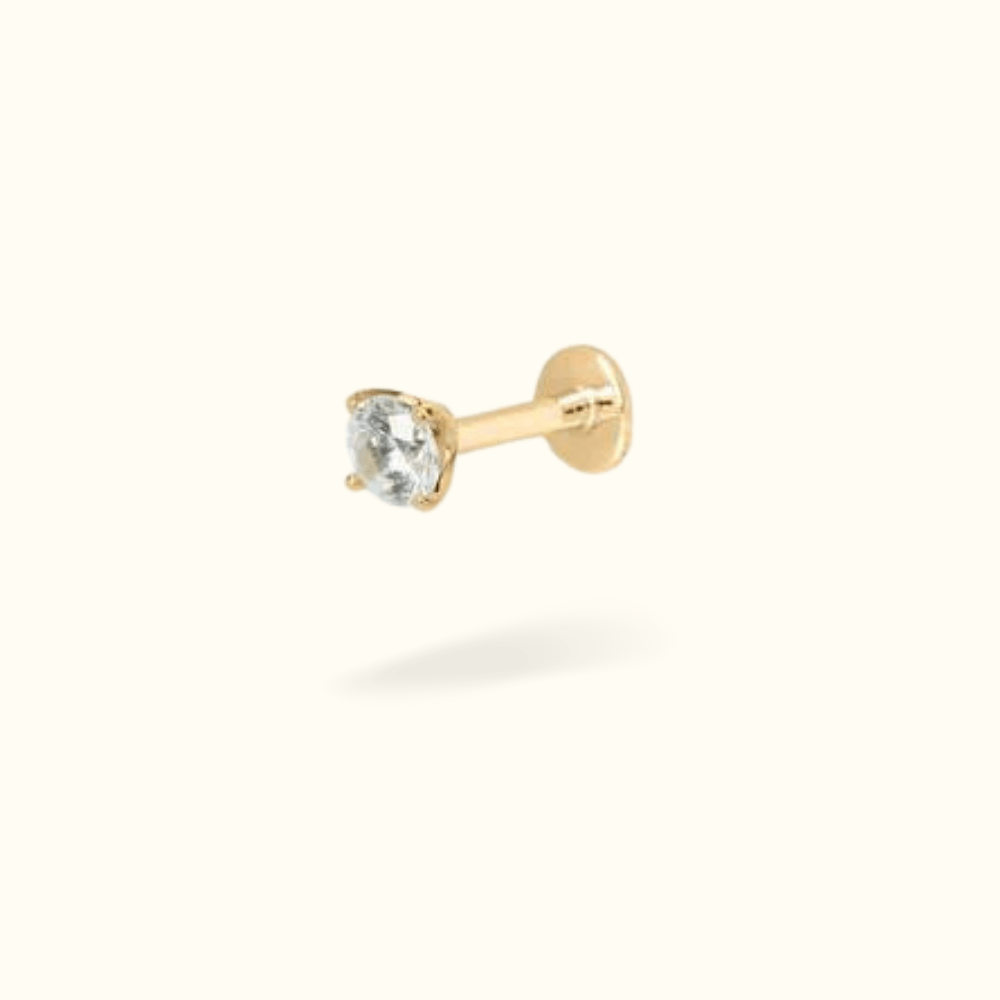
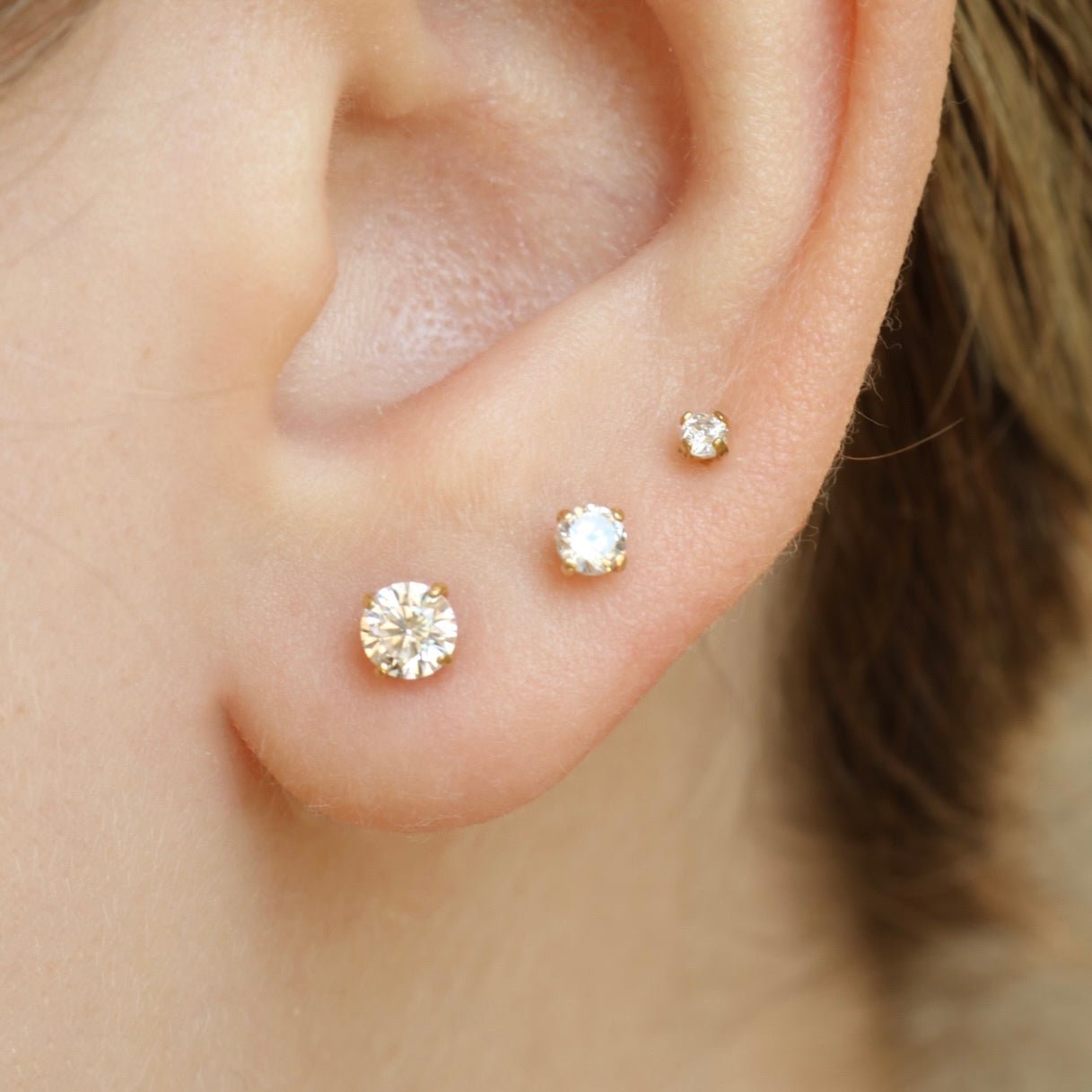
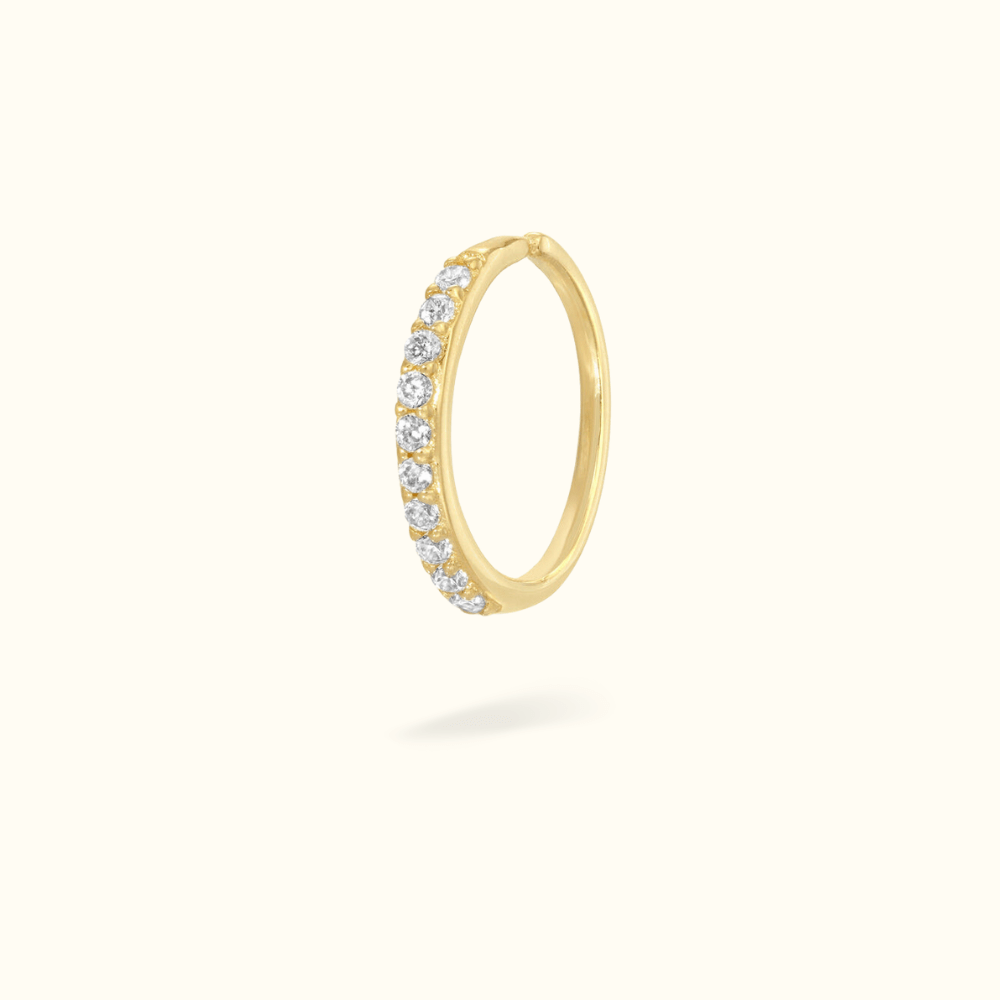
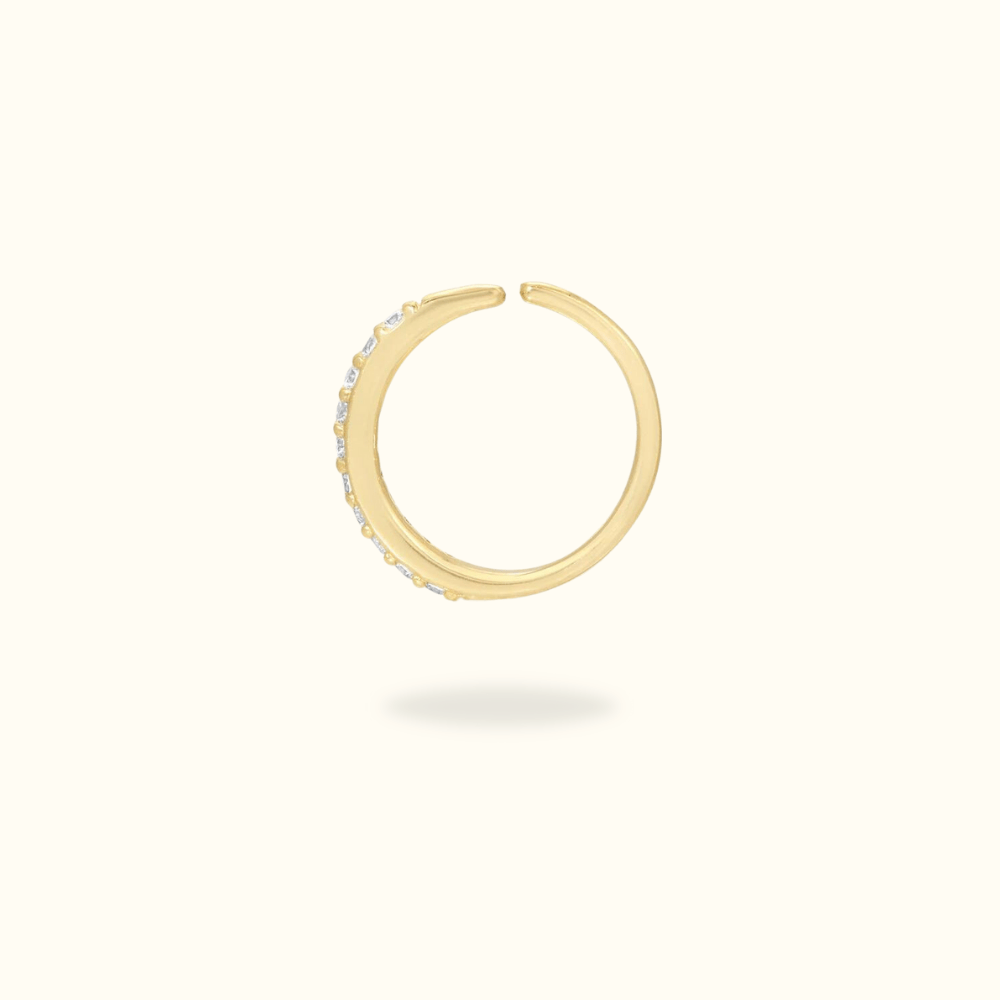


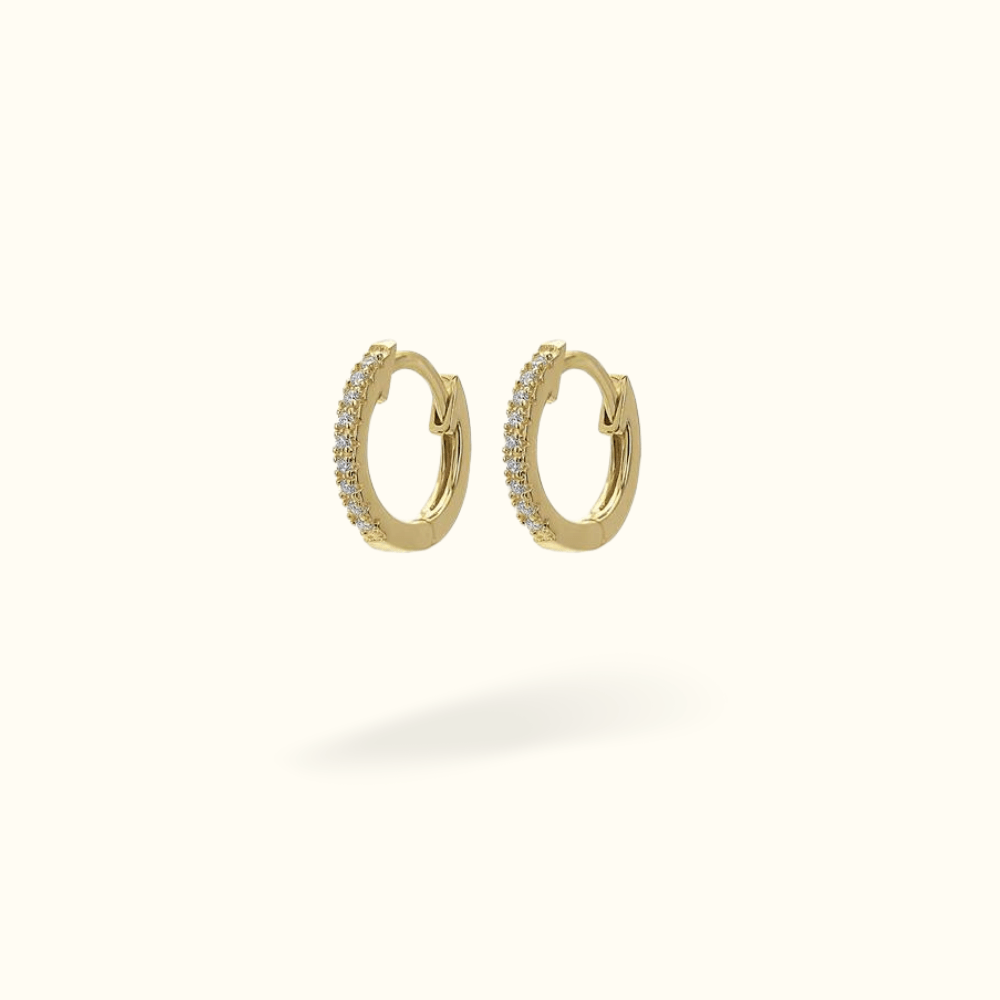
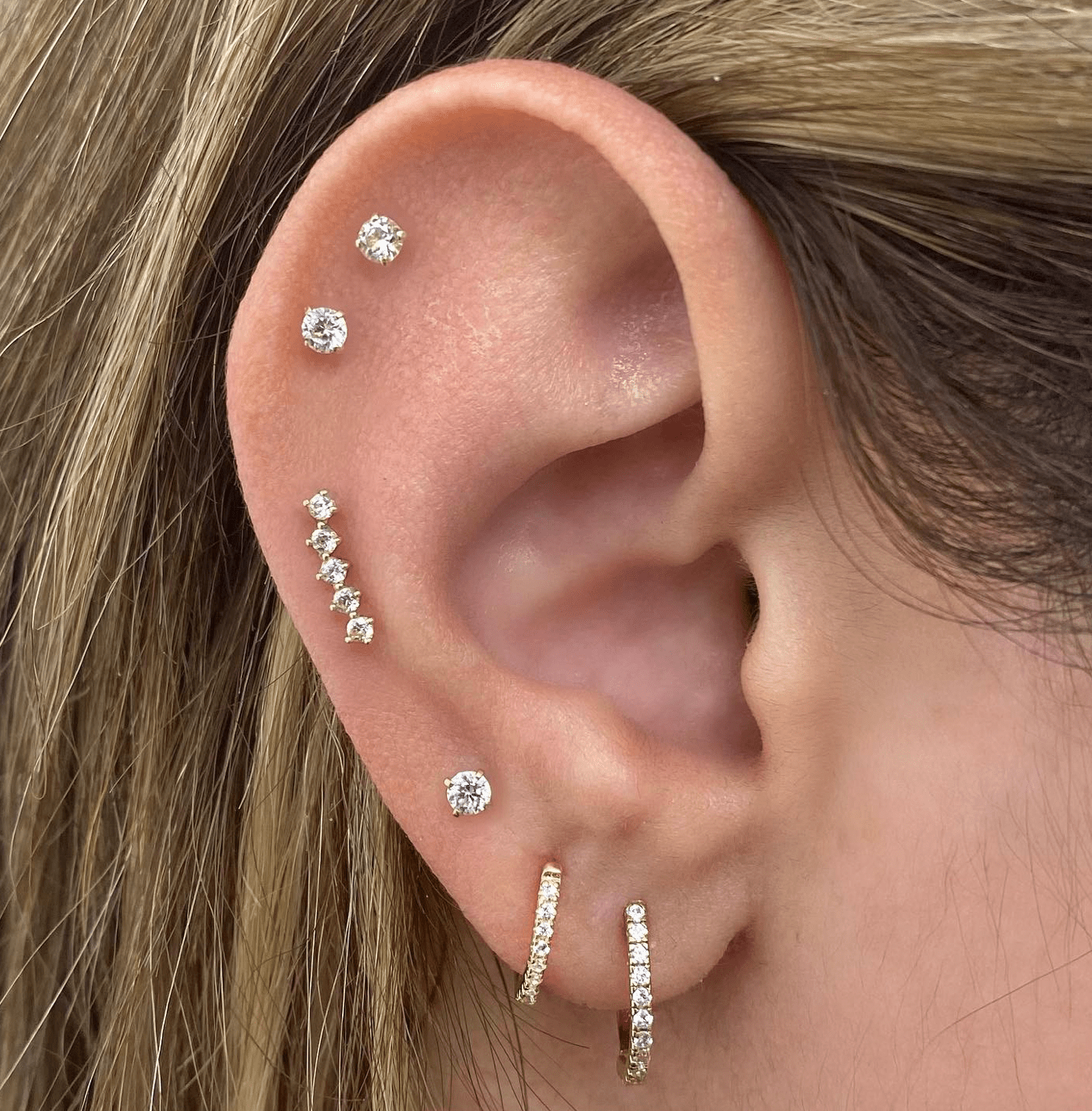


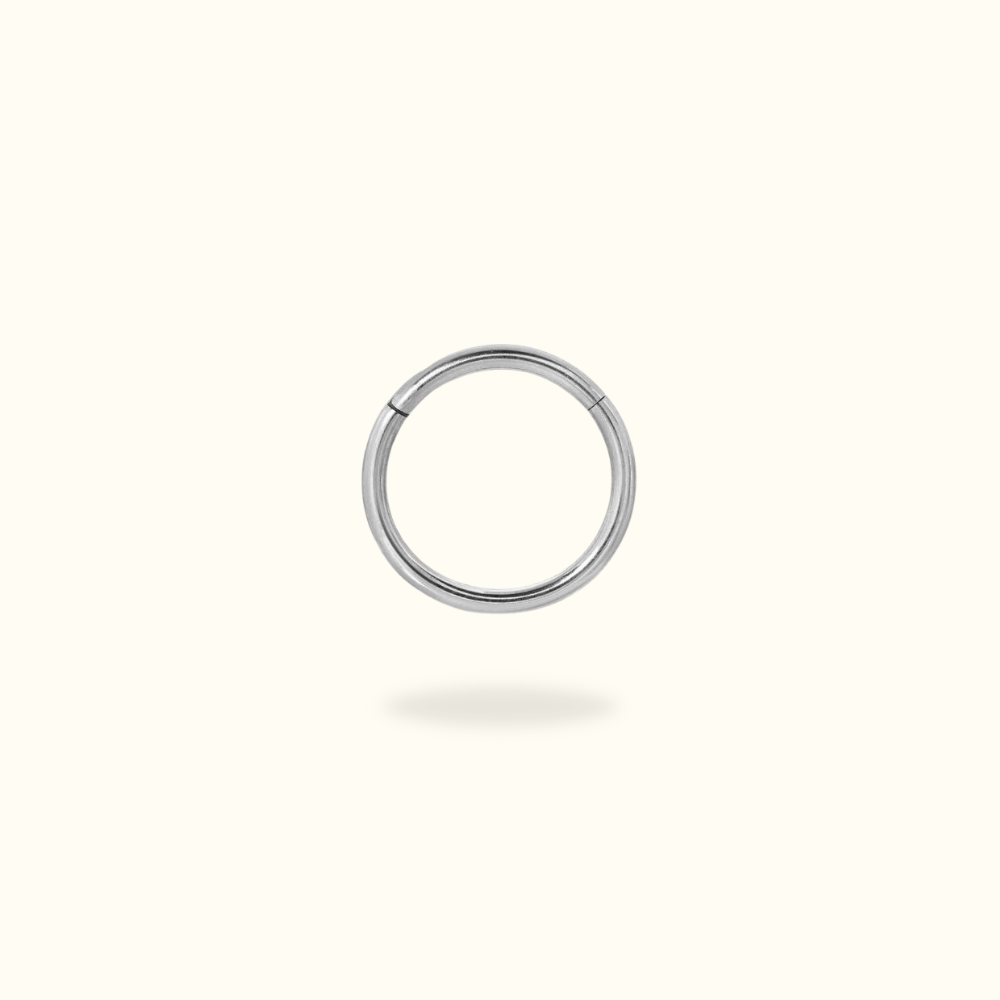
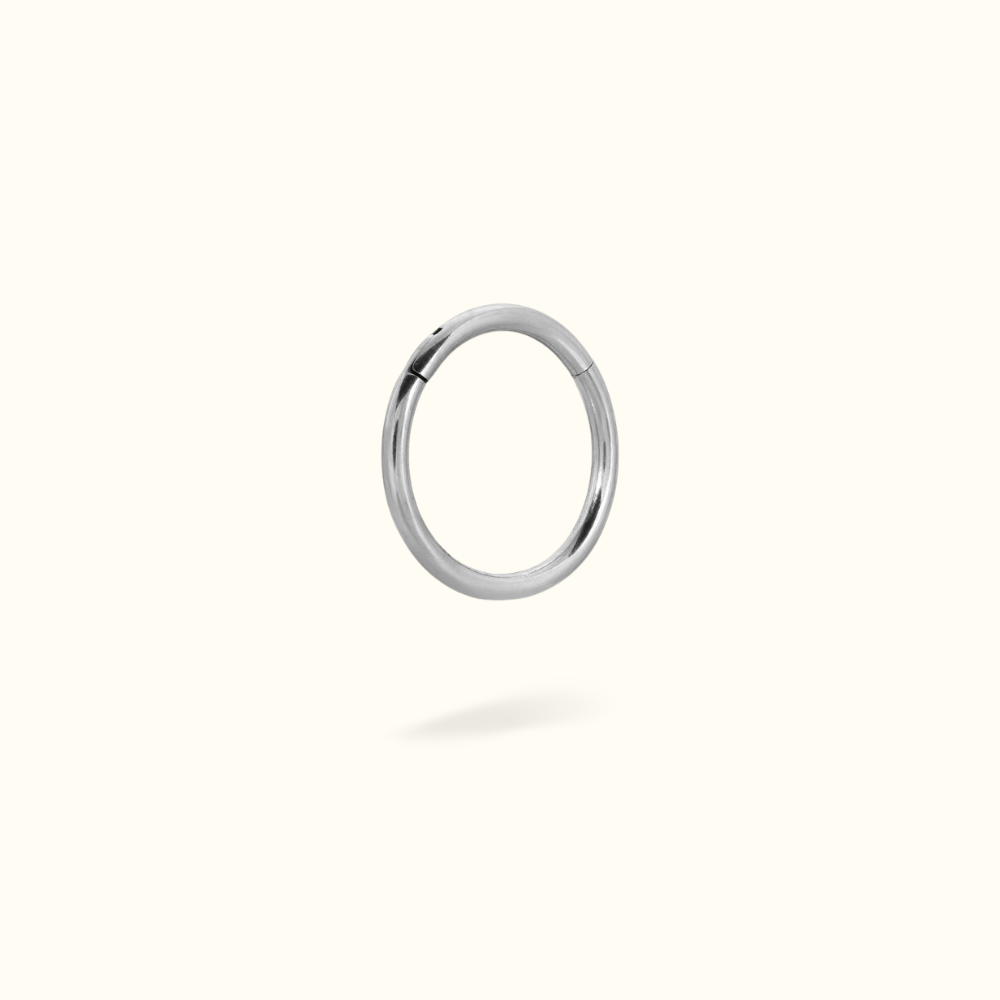
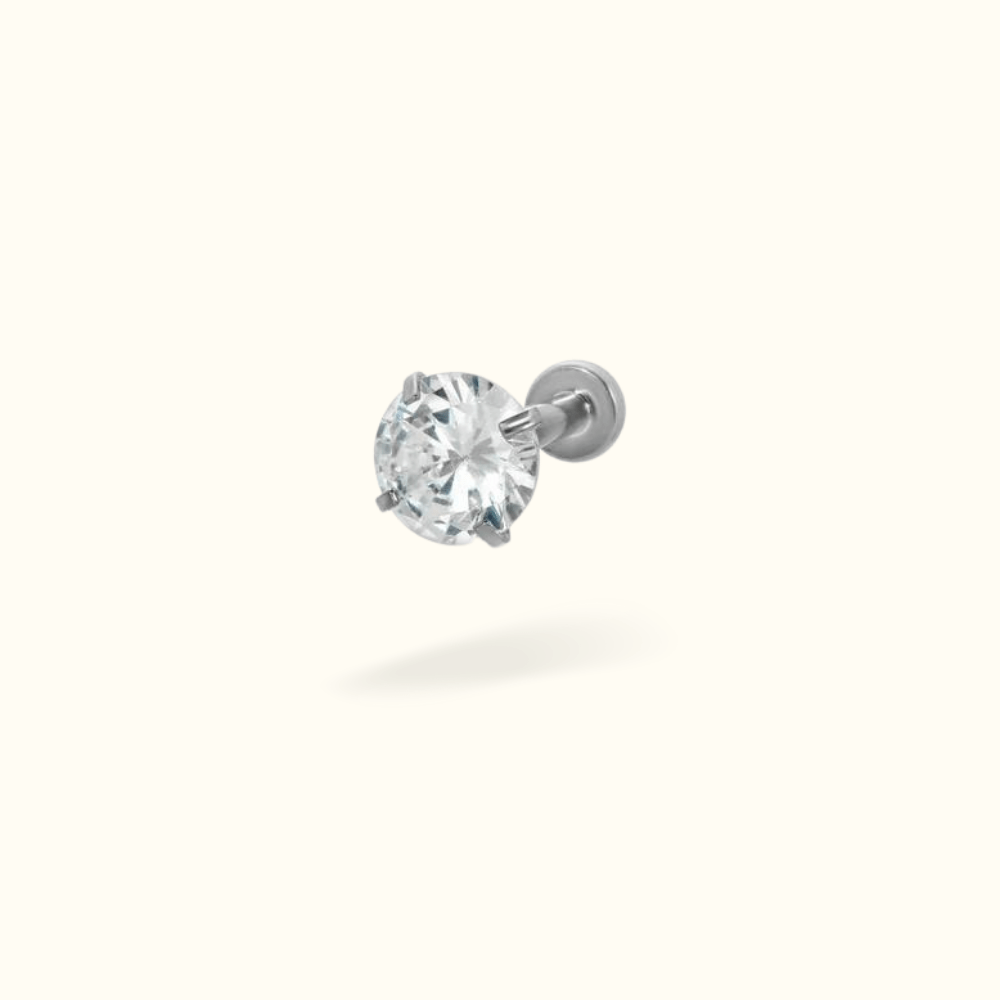
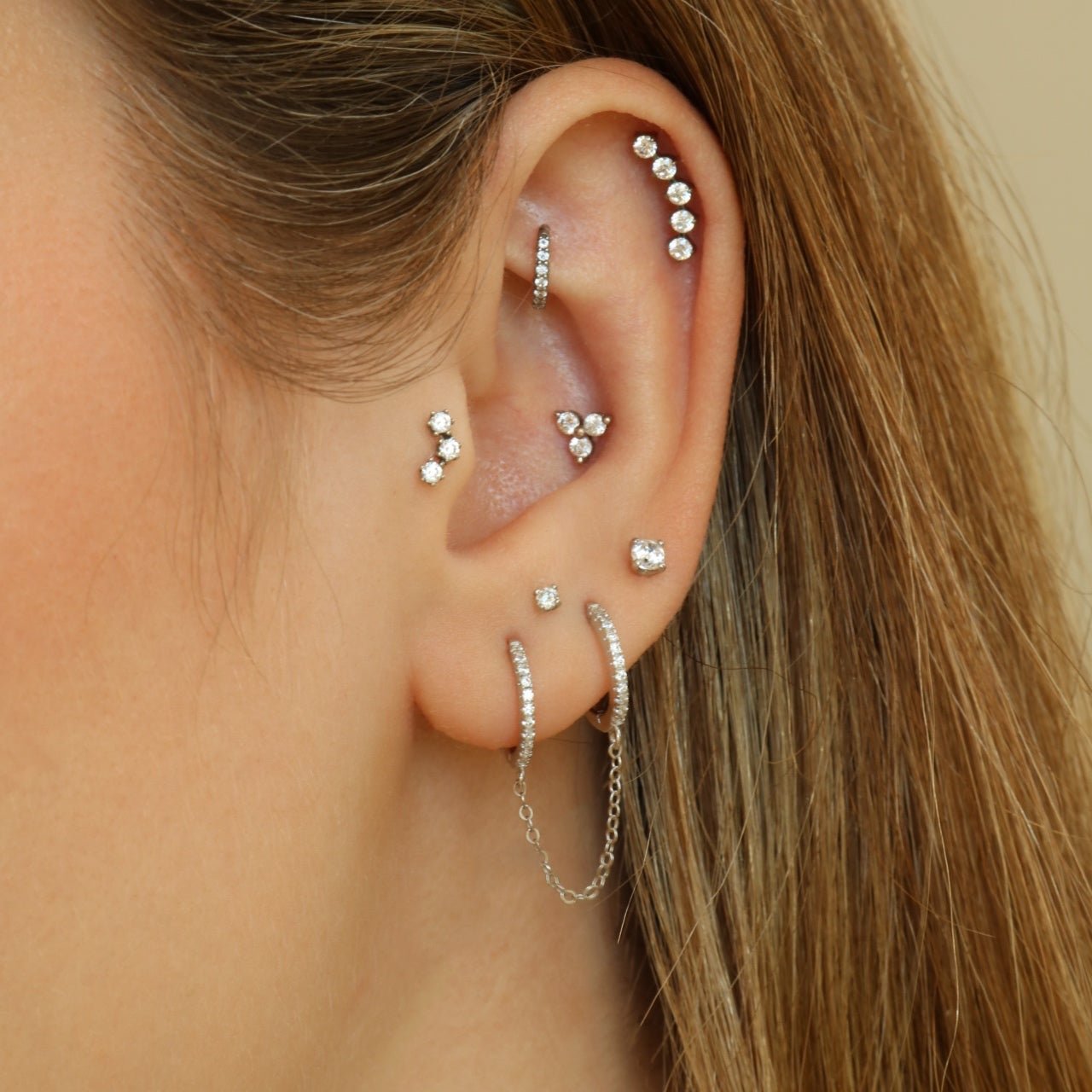
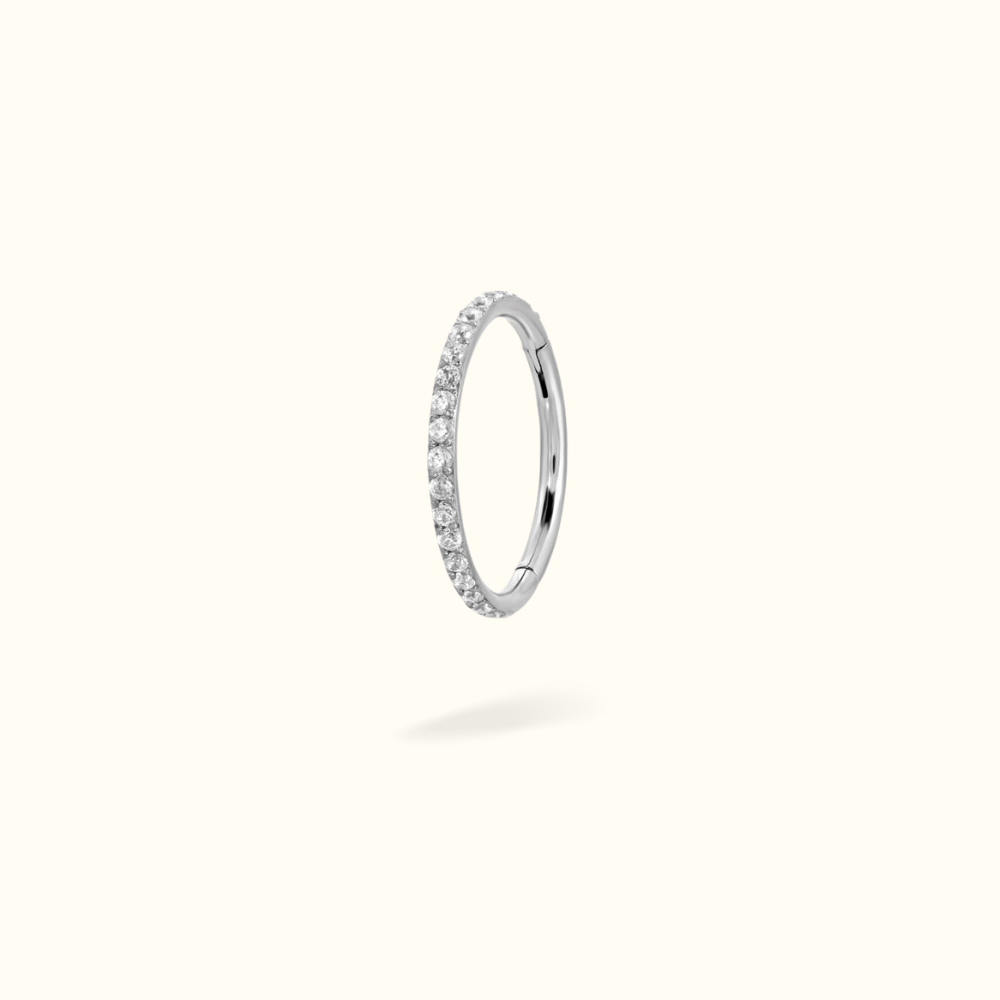
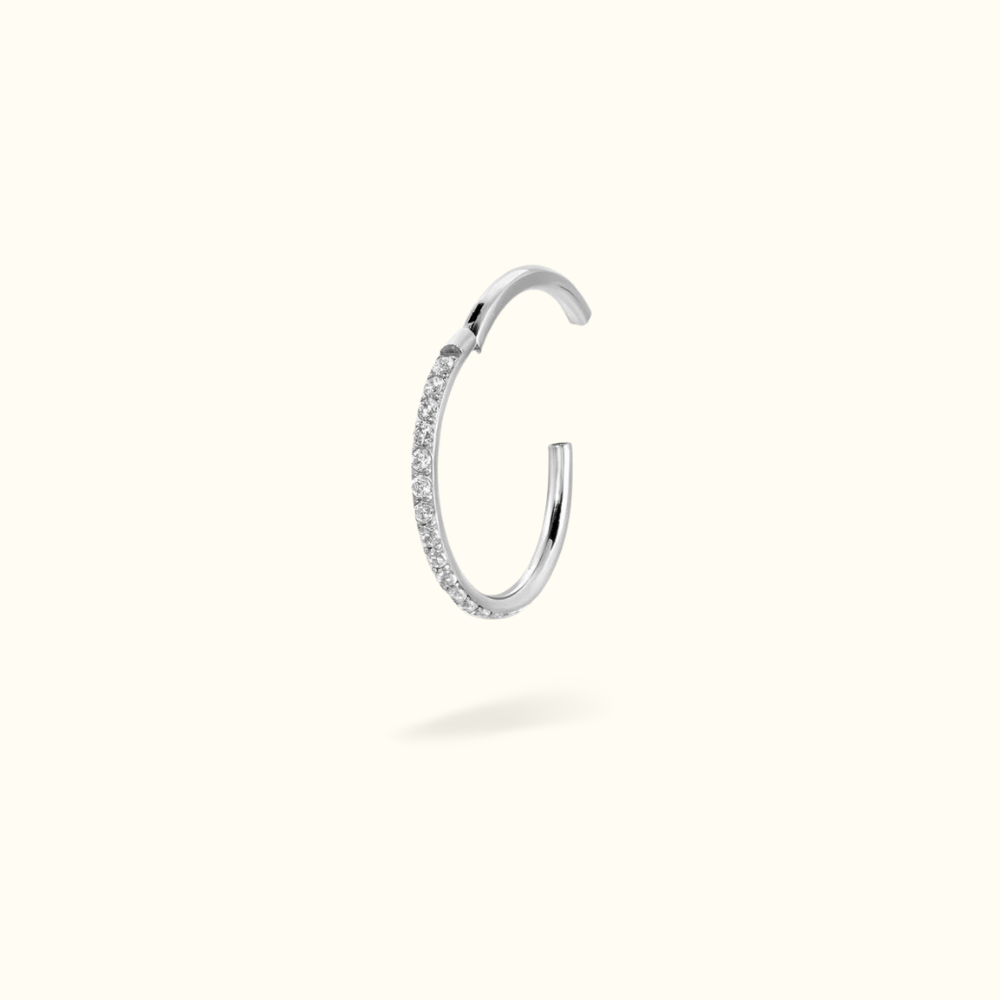
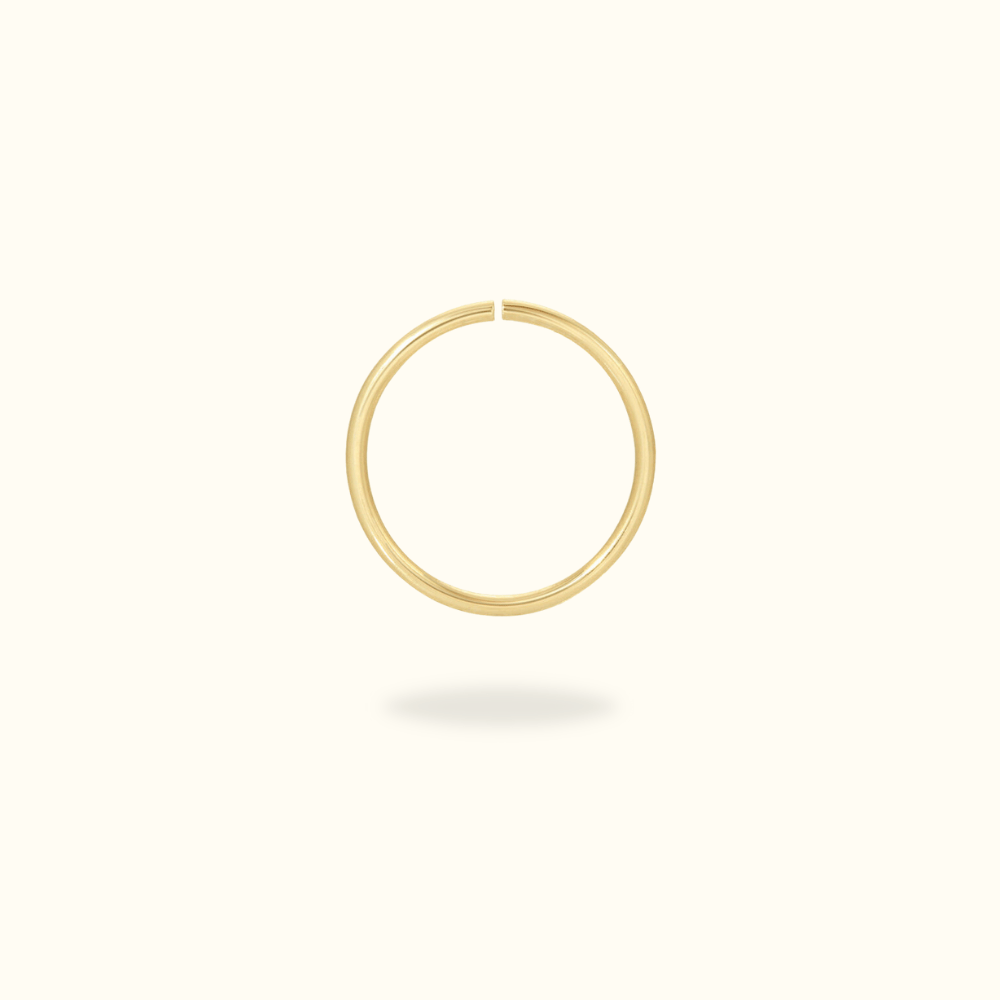
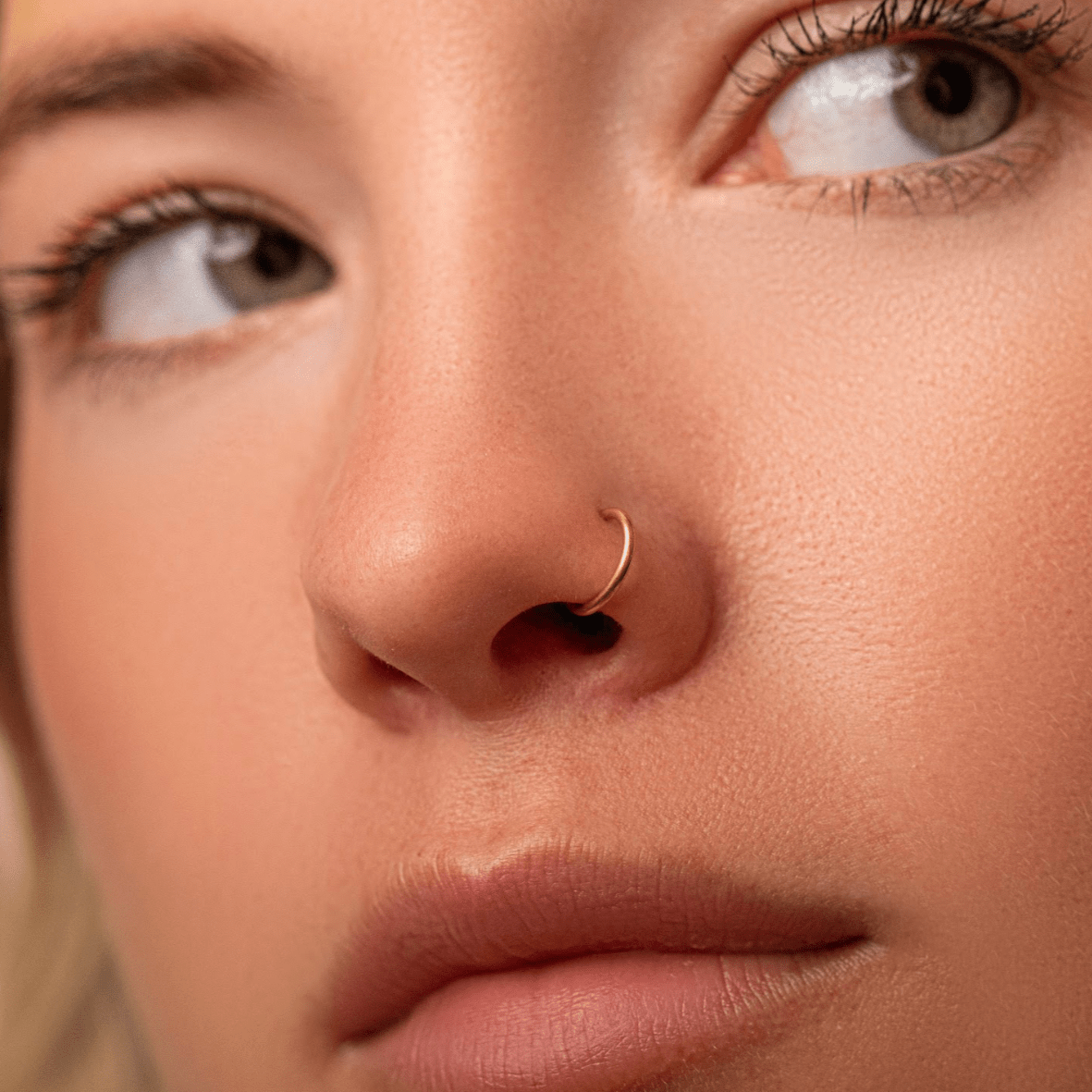
Leave a comment